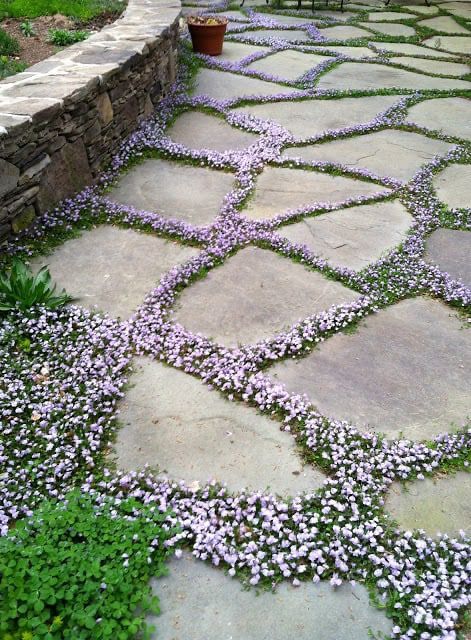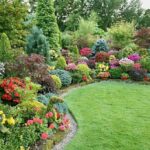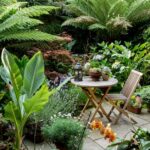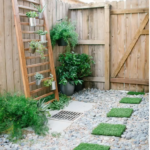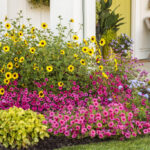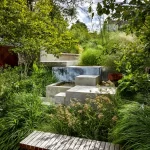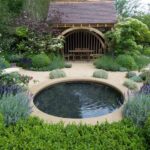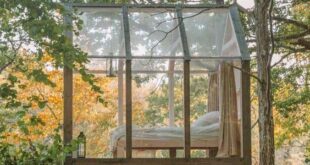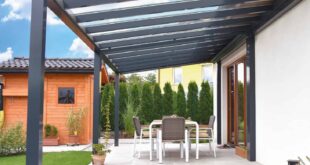One popular trend in gardening is creating a butterfly garden. These gardens are designed to attract butterflies by planting a variety of flowers that provide nectar and host plants for their caterpillars. Some popular choices for butterfly gardens include lavender, milkweed, and butterfly bush. By creating a butterfly-friendly environment, gardeners can enjoy the beauty of these winged creatures while also helping to support their population.
Another fun garden idea is to create a vegetable garden. Growing your own vegetables not only allows you to have fresh, organic produce at your fingertips, but it can also be a rewarding and therapeutic experience. Some beginner-friendly vegetables to consider planting include tomatoes, peppers, and lettuce. To maximize space, vertical gardening techniques such as trellising or using raised beds can be used.
For those looking to add a touch of whimsy to their garden, consider incorporating a fairy garden. These miniature gardens are filled with tiny houses, miniature furniture, and whimsical decorations to create an enchanting scene. Fairy gardens can be placed in a container or directly in the ground, making them a versatile and creative option for gardeners of all skill levels.
One trend that has been gaining popularity in recent years is the use of succulents in garden design. These low-maintenance plants come in a wide variety of shapes, sizes, and colors, making them a versatile and visually appealing addition to any garden. Succulents can be planted in containers, rock gardens, or even as ground cover to add interest and texture to your outdoor space.
If you have limited space or live in a urban setting, consider creating a rooftop garden. These gardens can provide a peaceful oasis in the midst of a bustling cityscape. With the right containers, soil, and plants, you can transform your rooftop into a lush and vibrant garden full of flowers, herbs, and vegetables.
Finally, one innovative garden idea is to incorporate a rain garden into your landscaping. Rain gardens are designed to capture and filter rainwater runoff from roofs, driveways, and other hard surfaces, reducing pollution and erosion while also providing a habitat for native plants and wildlife. By planting native species that are well-suited to wet conditions, you can create a beautiful and functional rain garden that helps to protect the environment.
